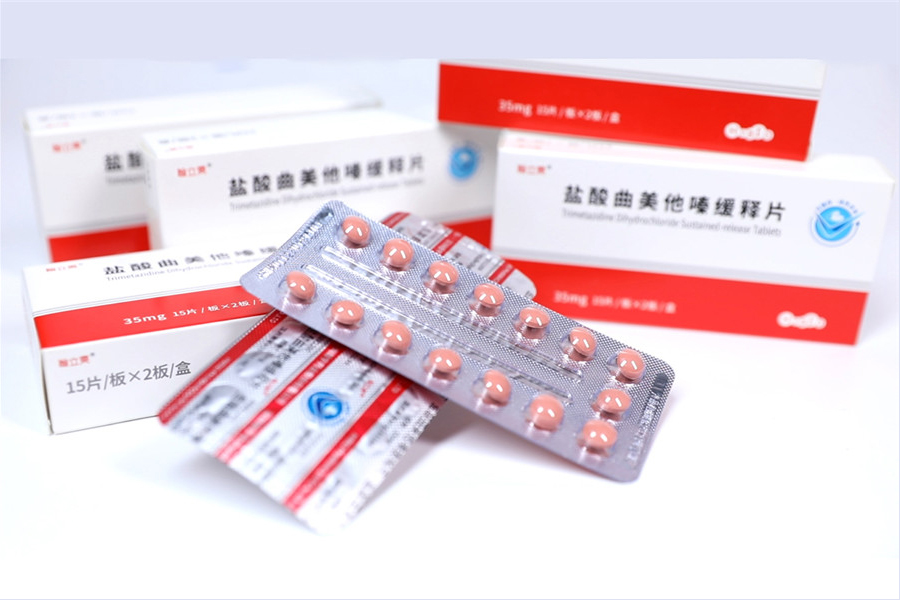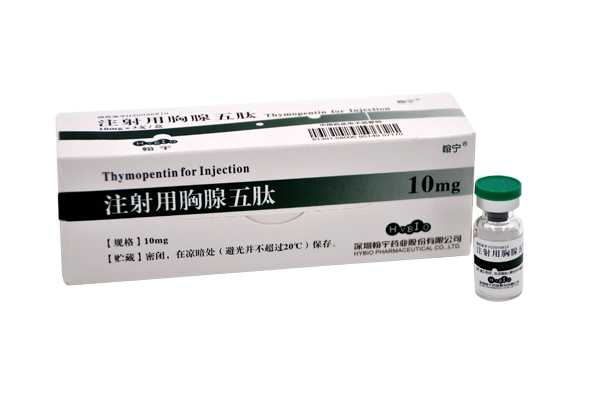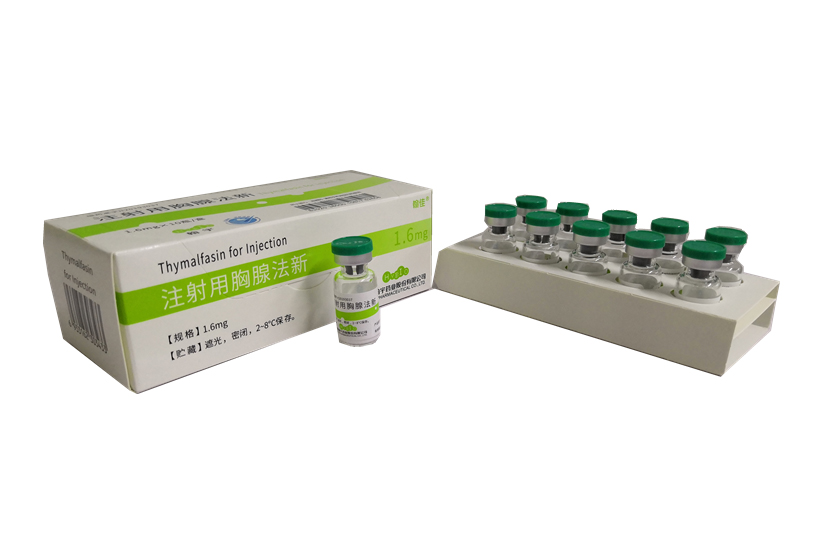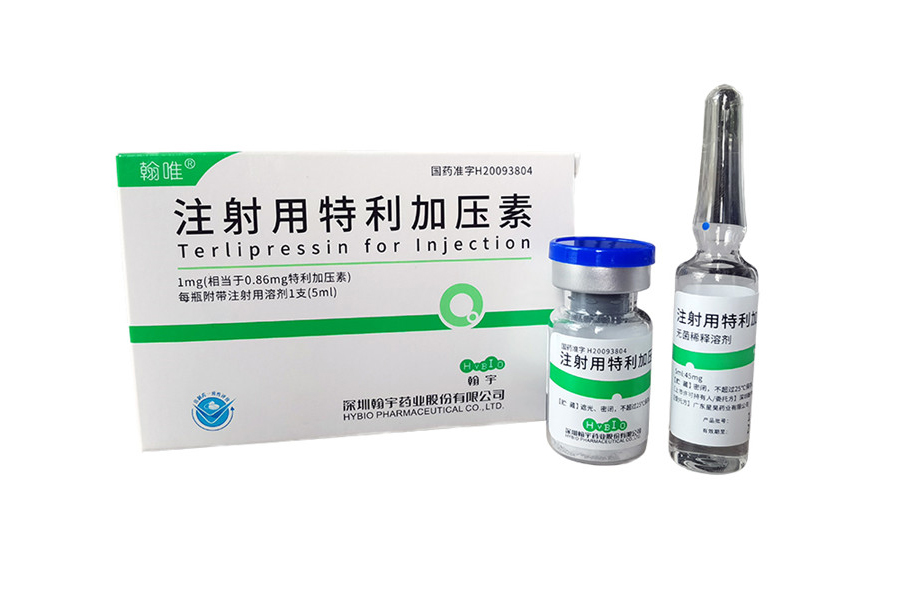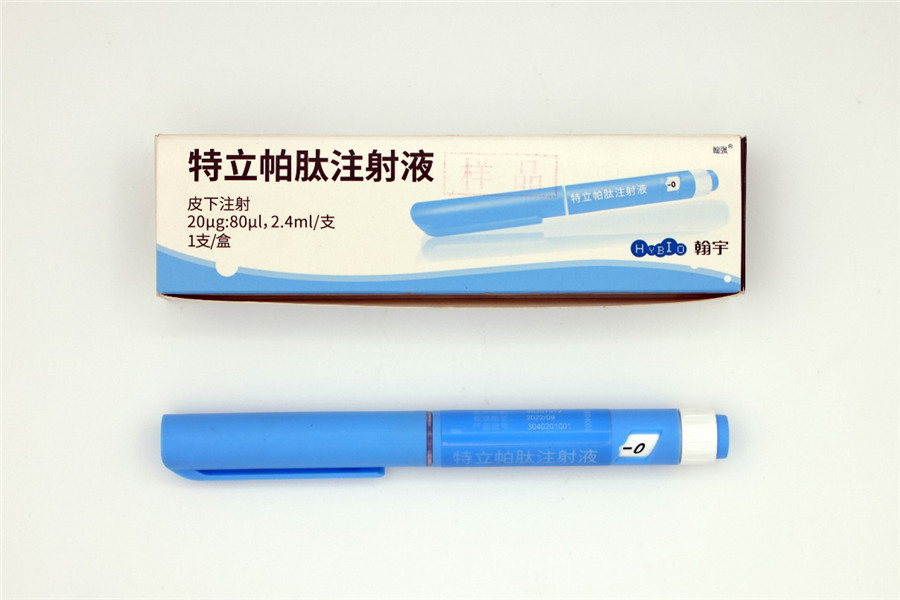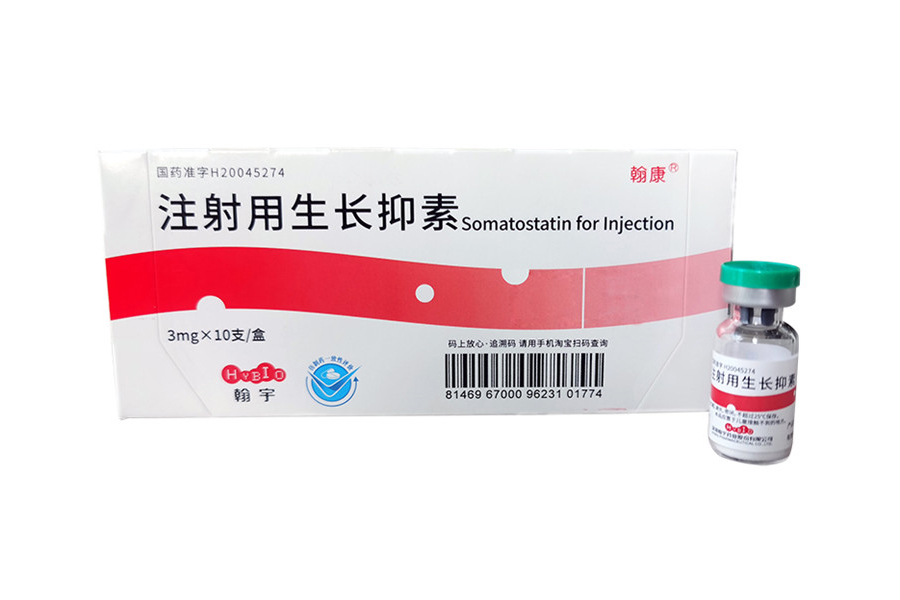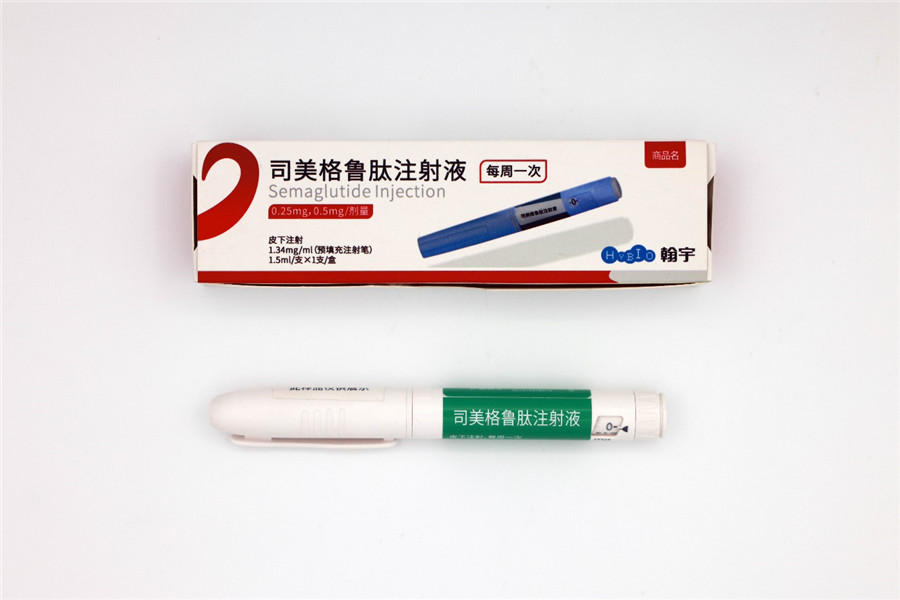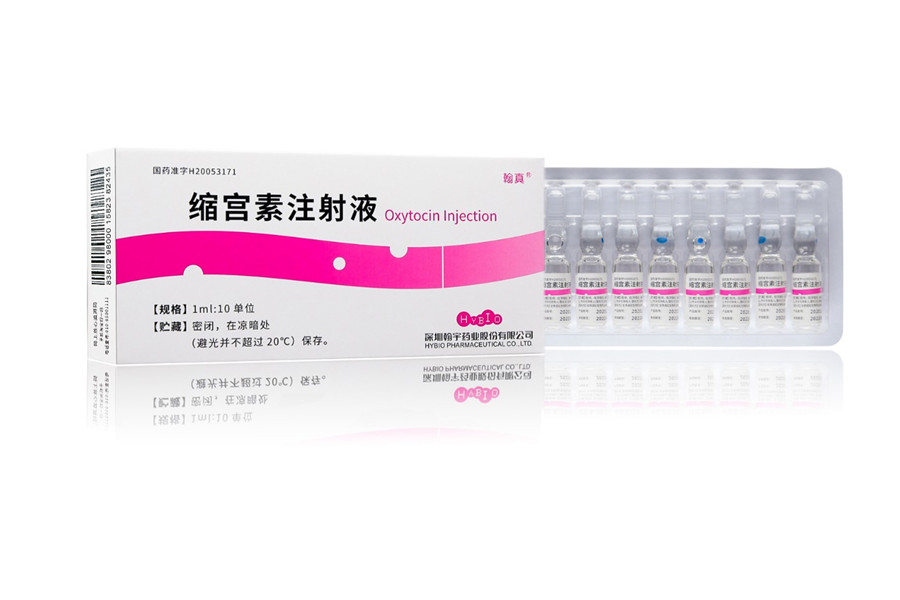0102030405
Thymopentin for Injection
product description
Chemical Composition:
Thymopentin mimics a specific active region of thymopoietin, focusing on its immunomodulatory effects. Its structure enables it to interact with immune cells, promoting their activity and proliferation.
Mechanism of Action:
Thymopentin works by stimulating the maturation of T lymphocytes and enhancing the overall function of the immune system. This action helps in restoring immune regulation, particularly in conditions where the immune response is weakened or dysregulated.
Indications and Usage:
It is primarily used in the treatment of primary immunodeficiency diseases, certain autoimmune disorders, and as an adjunct therapy in cancer treatment to boost the immune system's response to tumors. Thymopentin is also used in the management of chronic infections where enhanced immune activity is beneficial.
Administration and Dosage:
Administered via subcutaneous or intramuscular injection, the dosage of Thymopentin varies based on the condition being treated, patient's immune status, and clinical response. It is typically given in treatment cycles, with doses adjusted according to patient tolerance and therapeutic outcomes.
Efficacy and Outcomes:
Clinical studies have shown Thymopentin to be effective in improving immune function, with significant benefits observed in patients with immune deficiencies and selected autoimmune conditions. Its use in cancer therapy has demonstrated potential in improving patient responses to conventional treatments.
Side Effects:
Thymopentin is generally well-tolerated. However, some patients may experience injection site reactions, mild fever, or fatigue. Serious adverse effects are rare.
Contraindications and Precautions:
It should be used cautiously in patients with severe autoimmune diseases due to the potential for exacerbating symptoms. Monitoring and regular assessment of immune function are recommended during therapy.


